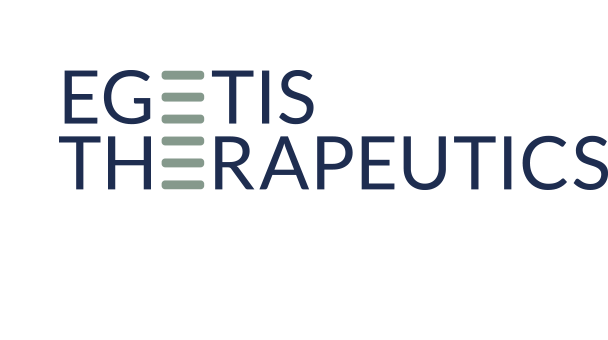Egetis Therapeutics launches disease awareness initiatives to support diagnosis of MCT8 deficiency
September 29, 2021
Egetis Therapeutics AB (publ) (ticker: EGTX) today provided an update of its disease awareness activities related to MCT8 deficiency, with the launch of a new dedicated website www.mct8deficiency.com.
Egetis Therapeutics is committed to helping to transform and prolong the lives of patients with rare diseases such as MCT8 deficiency. One important pillar in this commitment is raising disease awareness and with this purpose, Egetis Therapeutics today launched the website www.mct8deficiency.com. In addition to other disease educational activities, e.g. at scientific and medical conferences targeting health care professionals, the website will be used for educational purposes through the expanding network of key opinion leaders, physicians and patient advocacy groups focused on MCT8 deficiency. The disease awareness and educational efforts aim to contribute to that more physicians understand how to diagnose and manage the condition.
“With our disease awareness activities, we aim to speed up the diagnosis of MCT8 deficiency and relieve some of the heavy burden that MCT8 deficiency places on the affected individuals and the caregivers they are heavily dependent on,” said Henrik Krook, VP Commercial Operations at Egetis Therapeutics.
MCT8 deficiency is a rare and devastating genetic disease, which was first described only less than twenty years ago. There is currently no approved therapy available for the treatment of the disease. There are continuously more people being diagnosed with MCT8 deficiency, but many parents to those affected today struggle for a long time until they are referred to a physician who knows about MCT8 deficiency and can set the right diagnosis. It is believed that some individuals unfortunately never get a correct diagnosis.
“Diagnosing MCT8 deficiency is actually relatively easy when you know what to look for. Any person who has difficulties holding the head up or has unexplained neurocognitive developmental delay should be considered a potential MCT8 deficiency patient. Then it is simply to take a standard serum T3 test, which can be done at almost any local medical facility. If the T3 levels are high, the MCT8 deficiency diagnosis can be confirmed with a genetic test and then the person can get the best available care,” said Kristina Sjöblom, Chief Medical Officer at Egetis Therapeutics.

